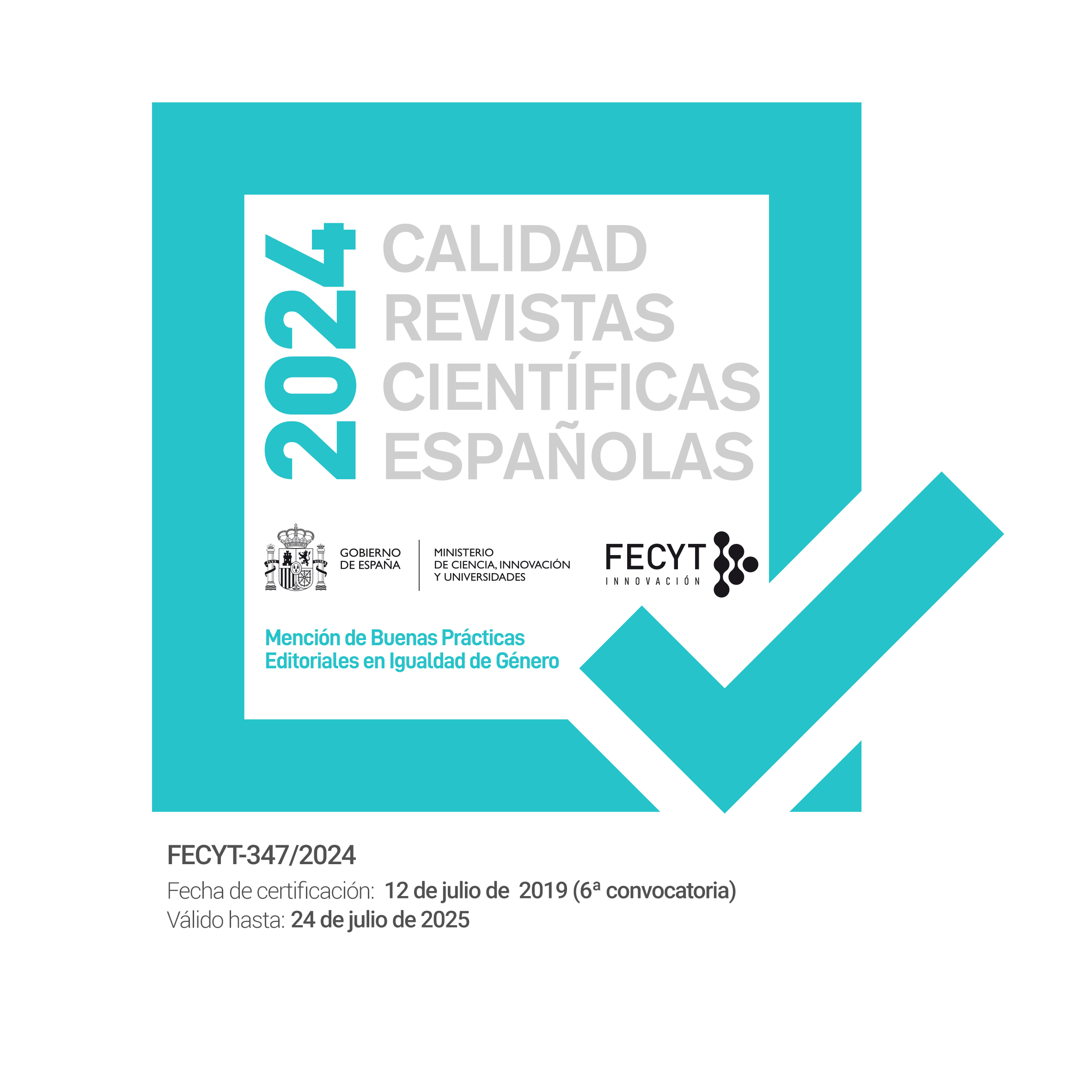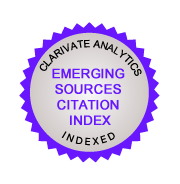Atlántica: la renovación plástica gallega
DOI:
https://doi.org/10.5944/etfvii.13.2000.2350Abstract
Atlántica, movimiento artístico gallego surgido a principios de la década de los ochenta, con la intención de crear un arte de carácter internacional estuvo marcado por sus vinculaciones a una poética romántica, por los cambios generados en el contexto artístico español y los que se dieron en cuanto a la nueva estética internacional, que afectó a la concepción del arte que se gestó a principios de dicha década. Estos condicionamientos provocaron una serie de rasgos fundamentales y unos planteamientos en cuanto a su gestación y su poética, que definen su interés en la creación de un arte de vanguardia.
Atlántica, artistic Galician movement blossomed in the beginings of the 80's, whit the purpose of creating internacional art; was related to romantic poetry, due to the changes generated within the spanish artistic context as well as the ones happening within the International aesthetic valúes, which influenced to the idea of art born in the beginings of the above mentioned decade. All these watters provoked a serial of fundamental features and conceptions related to it's poetics and genetics, that define their interest on the creation of a vanguardist art.
Downloads
Downloads
Published
How to Cite
Issue
Section
License
Authors who publish in this journal agree to the following terms:
- Authors retain copyright and grant the journal right of the first publication with the work simultaneously licensed under a license Creative Commons Reconocimiento-NoComercial 4.0 Internacional that allows others to share the work with an acknowledgement of the work's authorship and initial publication in this journal.

- Authors are able to enter into separate, additional contractual arrangements for the non-exclusive distribution of the journal's published version of the work (e.g., post it to an institutional repository or publish it in a book), with an acknowledgement of its initial publication in this journal.
- Authors are permitted and encouraged to post their work online (e.g., in institutional repositories or on their website) prior to and during the submission process, as it can lead to productive exchanges, as well as to earlier and greater citation of the published work (See The Effect of Open Access).








